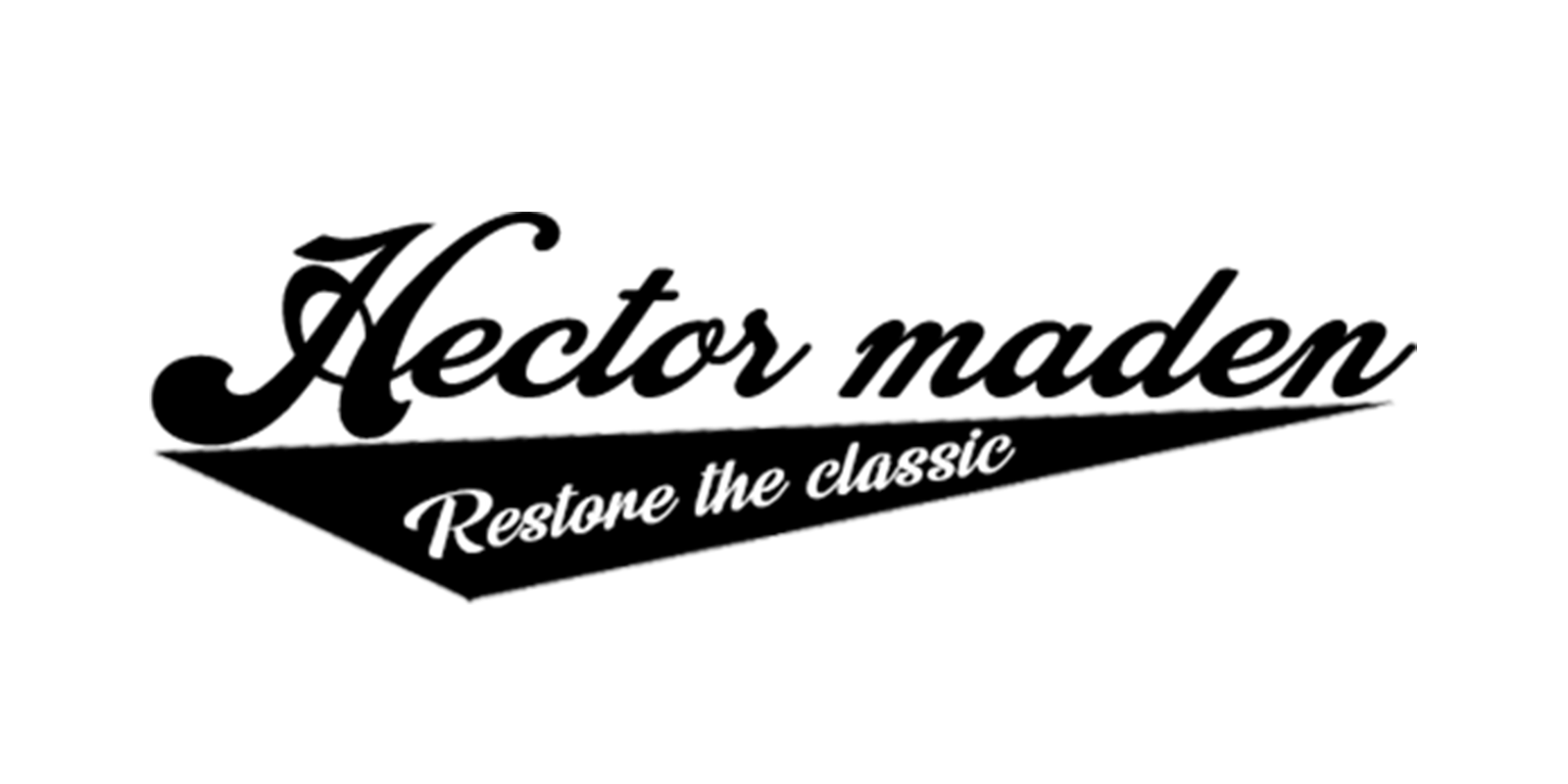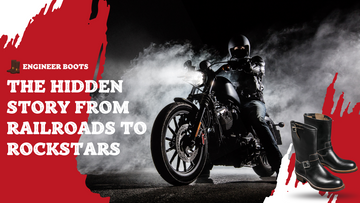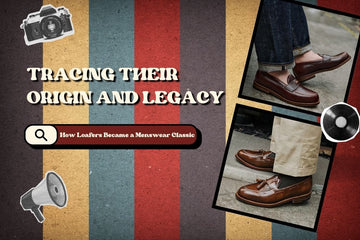Etymology and Early Usage
The name “Boondocker” traces its roots to the Tagalog word “bundok,” meaning mountain. During the early 20th century, American soldiers stationed in the Philippines adopted the term “boondocks” to describe remote, rugged areas. Over time, the word expanded beyond geography, becoming associated with the sturdy boots designed for such harsh terrains—hence the enduring nickname, “Boondocker boots.”

Deployment and Evolution
The footwear widely recognized as Boondocker boots—formally designated the U.S. Navy N-1 Field Shoes—became a staple issue for American troops during World War II, especially in the Pacific campaigns. Their rugged build and no-nonsense functionality proved invaluable in the hot, damp, and unforgiving landscapes of the Philippines and surrounding islands.
As combat demands intensified, the design went through a series of practical modifications:
-
Roughout Leather Uppers: The boots were crafted with the inner side of the hide facing out, giving them a suede-like surface. This not only improved durability but also made the leather more resistant to water—an essential feature for jungle operations.
-
Goodyear Welt Construction: By using this technique, the boots gained exceptional sturdiness and the ability to be resoled, extending their service life in wartime conditions.
-
Corded Soles: Resource shortages pushed manufacturers to innovate, often recycling rubber from automobile tires and nylon remnants. The result was a sole that balanced grip with resilience.
-
Type III Variants: These iterations added reinforced quarters and toe caps, making the boots tougher and offering soldiers better protection.
-
Simplification in 1944: To streamline production and conserve scarce materials, toe caps and rivets were eliminated. The introduction of unstructured toes gave soldiers more flexibility and comfort during long marches.
Thanks to this mix of durability and comfort, Boondockers remained in use well after the Second World War. Many service members laced them up again during the Korean conflict, securing their legacy as one of the most enduring and practical boots in U.S. military history.

Cultural Impact
While Boondocker boots were originally crafted for soldiers, their influence eventually reached far beyond the battlefield. A defining moment came in 1963, when Hollywood icon Steve McQueen wore them as Virgil Hilts in The Great Escape. His rebellious charisma, paired with the boots’ rugged aesthetic, turned them into a cultural symbol—embodying grit, independence, and a distinctly masculine edge.
The association with McQueen propelled Boondockers from military gear into the world of style. What had once been standard-issue footwear now carried connotations of resilience and authenticity, resonating with both fashion circles and collectors of vintage military attire.
In the present day, their legacy endures. Heritage bootmakers and enthusiasts continue to draw inspiration from the original designs, reinterpreting them for contemporary wardrobes. Whether displayed in historical collections or worn as a fashion statement, Boondocker boots remain an enduring emblem of durability fused with timeless style.

Modern Interpretations: Heritage Meets Innovation
The enduring influence of Boondocker boots has inspired a new generation of shoemakers to reinterpret the classic silhouette. Rather than simple reproductions, today’s versions often balance authenticity with modern comfort, appealing to enthusiasts who want both heritage aesthetics and contemporary functionality.
Golden Fox 6" Boondocker Boots
Golden Fox delivers a rugged yet accessible take on the Boondocker. Built with Crazy Horse leather for a naturally weathered look and a crepe outsole for slip resistance, the boot strikes a balance between practicality and affordability. Goodyear welting and arch-supported insoles ensure that these boots work as hard as they look—whether worn on the jobsite or styled casually with denim.

Viberg N1 Boot – Marine Field Shoe
For those who want a piece of living history, Viberg’s N1 Boot stands at the top tier. Using Horween roughout leather from the same tannery that supplied the U.S. military during WWII, Viberg recreates the Navy field shoe with remarkable accuracy. The stitchdown construction and Dr. Sole Cord sole offer durability while maintaining vintage authenticity. It’s a boot for collectors and style purists alike—meticulously detailed, yet suited for modern wear.

Uncle Hector Brown Suede Boondocker Boots
Uncle Hector introduces a softer, style-driven interpretation. Crafted from supple goat leather and suede, these boots echo the look popularized in The Great Escape while integrating water-repellent treatments for daily use. The result is a versatile pair that bridges classic military influence with modern streetwear sensibilities.
a. Boondocker Combat Boots
This model leans into durability, combining WHANAM suede uppers with Vibram® TYGUM 700 rubber soles for superior traction. Inside, vegetable-tanned cowhide lining ensures comfort and breathability, making them equally reliable in urban environments and rugged outdoor conditions.

b. Brown Suede Boondocker Boots For Men
Drawing direct inspiration from Steve McQueen’s cinematic style, these boots embrace vintage authenticity while enhancing function with waterproof and anti-fouling treatments. They transition seamlessly from weekend adventures to casual city outfits.

SM Wholesale USA USMC Boondocker Boots
For purists and reenactors, SM Wholesale offers one of the most faithful reproductions of the original USMC Boondocker. Made with grease-treated roughout steerhide, Goodyear welting, and military-spec hardware, this boot is nearly indistinguishable from its WWII counterpart. Featured in the miniseries The Pacific, it appeals to collectors who want museum-level accuracy in a wearable form.
🧼 How to Care for Your Boondocker Boots
Boondocker boots were originally built for rugged service, but even the toughest footwear benefits from the right upkeep. With a simple care routine, you can preserve their durability, comfort, and distinctive style for years to come.
1. Cleaning the Uppers
-
Suede Finishes: Gently brush away dust and surface marks with a suede brush or use a suede eraser for stubborn spots. Keep water exposure to a minimum, as moisture can flatten or stain the nap.
-
Smooth Leather: Wipe down with a soft damp cloth and a drop of mild soap if needed. Always let them air dry naturally—placing them near heaters can cause cracks and stiffness.

2. Conditioning & Protection
-
For Leather: A light application of conditioner restores natural oils, keeping the surface supple and preventing premature aging.
-
For Suede: Instead of conditioner, opt for a protective spray designed for suede. It helps maintain water resistance while preserving the boot’s velvety texture.
3. Reinforcing Waterproofing
Whether suede or leather, a fresh waterproofing layer is essential—especially after cleaning. Reapply treatments periodically to ensure your boots remain ready for damp autumn streets or outdoor use.
4. Storing Them Properly
After wear, store your boots in a cool, dry place. Using boot trees or stuffing them with newspaper helps retain their shape and prevent creases from setting in.
5. Keeping an Eye on Wear
Inspect the soles and stitching regularly. Early repairs—such as resoling or tightening loose seams—can extend the lifespan of your Boondockers dramatically, keeping them as dependable as the day you bought them.
👔 How to Style Boondocker Boots in Everyday Life
Few boots offer as much styling flexibility as Boondockers. Their military heritage translates easily into modern wardrobes, whether you’re dressing down for the weekend or aiming for a sharper look.
Laid-Back Casual
-
Clothing: Classic denim and a well-worn flannel shirt highlight their rugged origins.
-
Extras: A sturdy leather belt and a weathered canvas backpack finish off the utilitarian vibe.

Refined Smart Casual
-
Clothing: Pair them with chinos and a crisp button-up shirt for a balanced mix of polish and edge.
-
Extras: Add a wristwatch and a tailored jacket for an understated yet stylish touch.
Outdoor-Ready
-
Clothing: Cargo trousers and a functional field jacket bring out the boots’ practical side.
-
Extras: A durable rucksack and a knit beanie emphasize comfort and readiness.
🛠️ Extending Lifespan: Resoling Your Boondockers
Even the best-made soles eventually wear thin. Rather than retiring your favorite boots, resoling keeps them in service while honoring their craftsmanship.
Knowing the Right Time
When traction disappears or you notice separation between sole and upper, it’s time to resole.
Finding the Right Cobbler
Seek out a cobbler who specializes in Goodyear welt construction—this ensures the repair stays true to the boot’s original build.
Why It’s Worth It
Resoling preserves the fit you’ve already broken in, saves you from buying new boots, and keeps the character of your Boondockers intact.
🧳 Boondockers on the Road
Their toughness makes Boondocker boots ideal companions for travel, but they deserve a bit of care when packed into your bag.

Packing Wisely
Slip them into boot bags to shield clothing from dirt, and stuff them with rolled-up socks or shirts to help maintain shape during transit.
On-the-Go Maintenance
Keep a small kit—brush, cloth, and a travel-sized conditioner—for quick cleanups. After long days, let them breathe overnight to prevent odor buildup.
Conclusion: Why Boondockers Endure
What began as standard-issue combat footwear has evolved into a timeless icon. Boondocker boots embody resilience, craftsmanship, and versatility, securing their place in both history books and modern fashion. Their appeal bridges utility and style—sturdy enough for outdoor wear, refined enough to hold their own in casual city outfits.
Brands like Hector Maden continue to reinterpret this legacy, offering boots that balance historic authenticity with subtle modern upgrades. Each pair carries forward the spirit of endurance and style that made the originals indispensable.
Owning a pair of Boondocker boots is more than acquiring footwear—it’s choosing to step into a lineage of grit, adaptability, and timeless design. Every wear becomes part of a story that stretches from the battlefields of the past to the streets and wardrobes of today.




